Windrow composting is a way of generating compost by piling organic matter into extended rows or arc-like piles. The piles are turned over by large machinery to preserve even levels of heat, humidity, and oxygen content. Piles will usually range from four to eight feet tall and 14-16 feet in length.
Windrow composting is a way of generating compost by piling organic matter into extended rows or elongated pyramid-like piles. The piles are turned over by large machinery to preserve even levels of heat, humidity, and oxygen content. Piles will usually range from four to eight feet tall and 14-16 feet in length.
Windrow and static pile systems require a relatively large area, long composting periods, and significant ongoing staff time. Further, they can present nuisance issues which limit siting options.
In windrow composting, ground-up garden refuse is formed into long, open-air piles. The piles are turned frequently to introduce oxygen into the pile, and ensure that adequate moisture is present throughout the pile.
Normally windrow systems take about 6 to 12 weeks to make finished compost. The pile is agitated at regular intervals of 1 to 3 times per week to introduce oxygen and water to enhance the composting process.
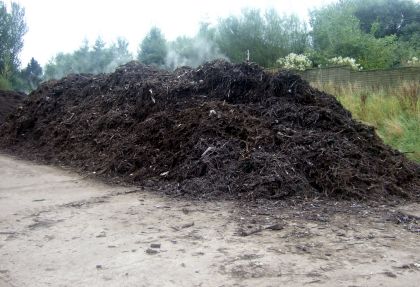
Windrow operations are attractive because of their simplicity, mobility, and relatively low up-front capital cost. However, windrows have a larger area requirement than some of the other methods, which may make this technology less attractive if land values are high.
“Windrow composting is a way of generating compost commercially by piling organic matter into extended rows or “piles”. The piles are turned over by large machinery to preserve even levels of heat, humidity, and oxygen content.”
It is estimated that the unenclosed facilities (unenclosed ASP and windrow composting) will have unit costs ranging from $38 to $435 per wet ton of biosolids processed. For enclosed composting (enclosed ASP or in-vessel) the cost would be in the range of $55 to $65 per wet ton.
Special vehicles are required to agitate the windrows periodically by turning them upside down, which introduces oxygen and facilitates aerobic decomposition in the windrow.
Odours and other emissions are likely to be a major consideration when evaluating the potential environmental impacts of a composting operation, especially an open-air windrow. Open-air composting alternatives (unenclosed ASP and windrow composting) have a larger element of risk.
Incineration Plant Facts
A first of our waste incineration plant facts is that a “burner” (this being the derogatory term of the anti-incinerator capaigners) is an important facility for the preservation of public health as it involves protecting the environment in a number of ways. Unless the waste materials are properly disposed of by the waste incinerator plant, […]
What is Commercial Composting?
We were recently asked; “What is Commercial Composting” and since one person asked we wrote a definition, as follows below: Commercial composting is the composting carried out principally as a method of waste disposal that diverts this organic waste away from landfills. If the feedstock is green waste or another “MSW residual waste” organic material […]
Large In-vessel Composting Systems: What are They and How Do They Work?
Progressive cities and many urban centers around the world are now installing large-scale in-vessel composting systems as part of their total MSW management. Large scale in-vessel composting, which makes high quality compost through the use of enclosed “reactors” that closely monitor temperature and oxygen levels throughout the biodegradation of organic materials, is popular. In-vessel composting […]
Autoclave Technology for Municipal Solid Waste Management
Autoclaving is defined as a form of Mechanical Heat Treatment (MHT) which takes place as a batch process and comprises steam processing of residual MSW, in a vessel under the action of pressure. This is contrasted with other MHT waste treatment technologies which are continuous and don’t involve pressurization. Autoclaves have for long been used […]
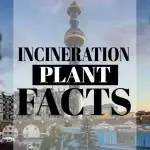
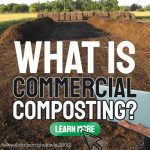
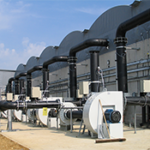
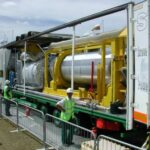
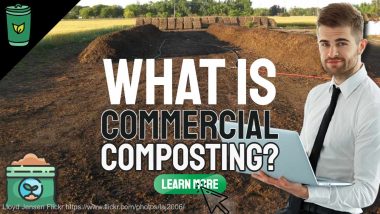
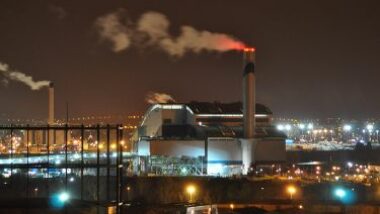

What is the difference between the old kind of Incinerator and the new incinerator for Waste ?
Distinguished between old style of Incinerator and the Modern
Incinerator .